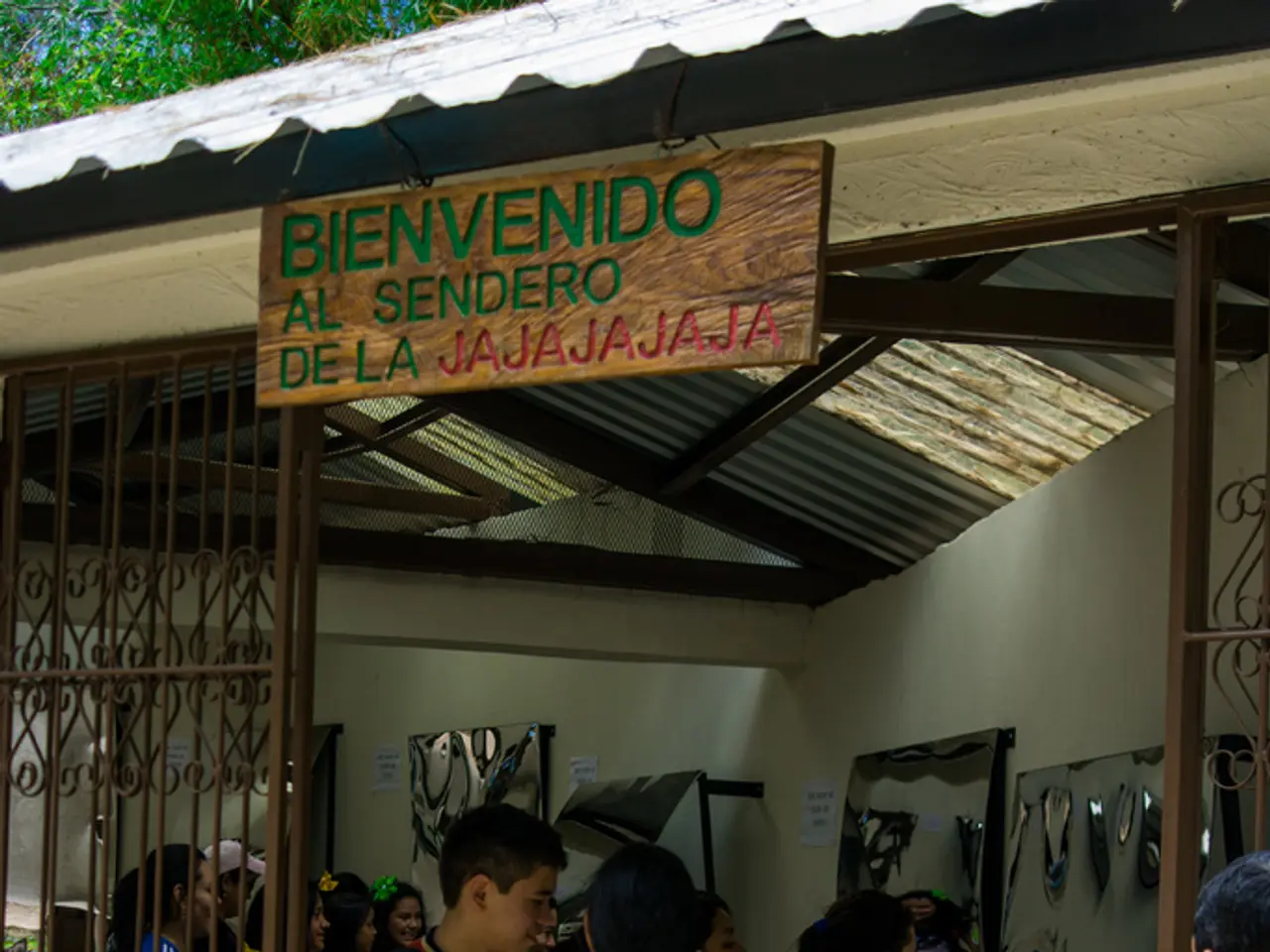Enhance Responsible Testing under Planetary Constraints
In the rapidly evolving digital landscape, ensuring high-quality, ethical, inclusive, accessible, and environmentally sustainable services has become a pressing concern for organisations worldwide. This year, the JFTL 2025 conference, organised by the CFTL, is set to delve into these topics, with keynote speakers Guillaume Kerrien and Lydie Huon leading discussions on June 17.
The two-day event, commencing on June 16 with tutorials, will explore the importance of eco-design and sustainable quality in digital services. Guillaume Kerrien, a renowned figure in the tech industry, will speak about a certification program for durable quality in digital services, while Lydie Huon, an advocate for ethical design, will emphasise the need to consult the Ethical Designers' reference and integrate recommended practices from the outset to avoid dark patterns.
Guillaume Kerrien and Lydie Huon will present a conference titled "Survival Kit for the Eco-Design Tester" on June 17, discussing the challenges of democratising generative AI and Web3, which are leading to increased carbon emissions, and the importance of balancing innovation with regulatory compliance and ethical standards.
Best practices for incorporating software quality, ethical aspects, inclusion, accessibility, sustainability, and durability in digital service development involve a combination of strategic, technical, and organisational approaches.
1. Prioritising Quality-First Development: Implement comprehensive testing, continuous integration/continuous delivery (CI/CD) pipelines, data versioning and validation, and open standards to ensure reliable, secure, and high-quality software.
2. Integrating Ethical Considerations and Transparency: Adopt open standards and open science principles, implement privacy-preserving data sharing, and balance innovation with regulatory compliance to promote transparency, reproducibility, and trust.
3. Fostering Inclusion and Accessibility: Design digital services that are accessible to diverse user groups, incorporate inclusive design principles, and conduct user testing with diverse populations to identify and address inclusivity gaps.
4. Promoting Sustainability and Durability: Integrate environmental concerns into product development processes, build software architecture and infrastructure with scalability and maintainability in mind, and use open standards to enhance interoperability and long-term viability.
5. Ensuring Effective Communication and Risk Management: Establish structured communication channels with stakeholders and employ robust risk assessment and mitigation strategies to proactively handle challenges related to quality, ethics, and sustainability.
By adopting these best practices, organisations can create digital services that are high-quality, ethically sound, inclusive, accessible, environmentally sustainable, and durable, meeting the evolving needs of users and society.
Guillaume Kerrien also highlighted the under-addressed aspect of ethics, particularly personal data protection, in software quality. He advocates for tools like Greenspector and EcoIndex, which allow for environmental metrics to be tested in real-time, and the RGAA and RGESN frameworks, which are useful for improving accessibility and eco-design of digital services.
The hummingbird metaphor, encouraging each person to do their part in creating a sustainable digital future, serves as a reminder of the collective responsibility we all share in fostering a more sustainable digital landscape.
- At the JFTL 2025 conference, Guillaume Kerrien will discuss a certification program for durable quality in digital services, which involves the integration of ethics, particularly personal data protection, and the use of tools such as Greenspector and EcoIndex for real-time environmental metrics.
- In their conference titled "Survival Kit for the Eco-Design Tester," Guillaume Kerrien and Lydie Huon will highlight the importance of balancing innovation with regulatory compliance and ethical standards, specifically emphasizing the need to consult the Ethical Designers' reference and integrate recommended practices from the outset, a strategy that can help in avoidance of 'dark patterns.'




